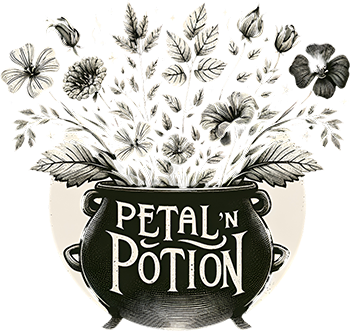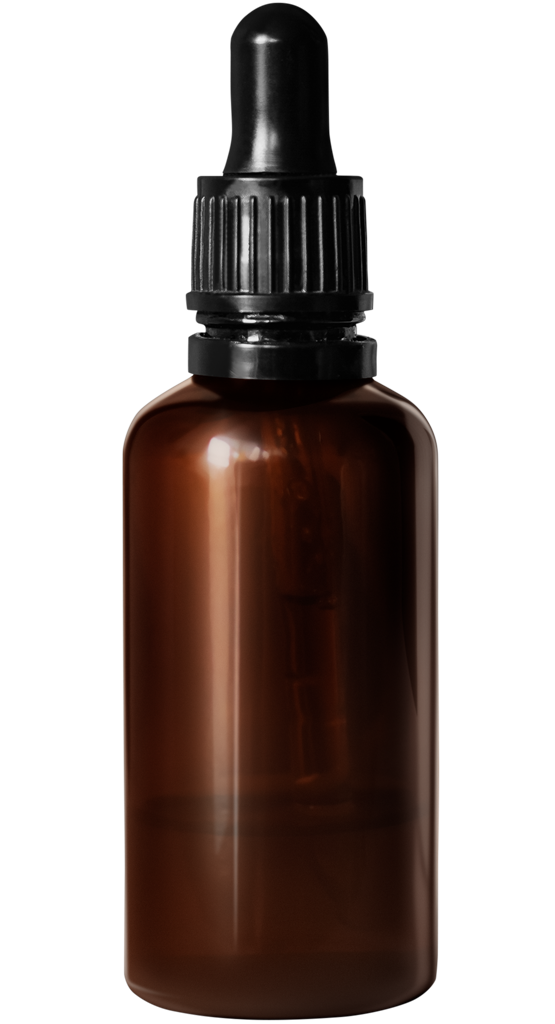H o o k w o r m
- Quick Search
Hookworms, scientifically known as Ancylostoma duodenale and Necator americanus, are parasitic nematodes that are notorious for their hook-like mouthparts. These tiny but formidable worms are common in tropical and subtropical regions and primarily infect humans through soil contaminated with larvae.

Removal Methods
Petal n Potion’s specially formulated tincture is an effective natural remedy for eliminating hookworms. This product utilizes powerful herbal ingredients such as wormwood, garlic, and black walnut hulls, offering a gentle yet potent approach to cleanse the body of these parasites without synthetic chemicals.
Benefits of Removal
Eliminating hookworms can lead to improved energy levels, better absorption of nutrients, and relief from gastrointestinal discomfort. By getting rid of these parasites, individuals can enhance their overall well-being and prevent anemia and other nutrient deficiencies commonly associated with hookworm infections.
Location in the Body
Hookworms primarily reside in the small intestine. They attach themselves to the intestinal walls using their sharp mouthparts, from where they suck blood, potentially leading to anemia and protein deficiency in the host.
Effects on the System
Infection with hookworms can cause symptoms such as abdominal pain, diarrhea, and significant blood loss leading to anemia. In severe cases, the infection can cause growth retardation and cognitive impairment, especially in children.
Life Cycle
The life cycle of hookworms begins when larvae penetrate the skin, often through bare feet. They then travel through the bloodstream to the lungs, migrating up the trachea to be swallowed into the digestive system. In the intestines, they mature into adults, reproduce, and lay eggs that are expelled in the host’s feces.
Life Timeline
- Egg Stage: Eggs are passed in the feces and hatch in warm, moist soil.
- Larval Stage: Larvae develop in the soil and become infectious.
- Adult Stage: Larvae penetrate human skin, mature in the intestines, and reproduce.
Preventing hookworm infections involves wearing shoes, especially in areas with contaminated soil, maintaining good sanitation practices, and ensuring access to clean water. An interesting fact about hookworms is their ability to survive in harsh environments and their reliance on human hosts for reproduction.

